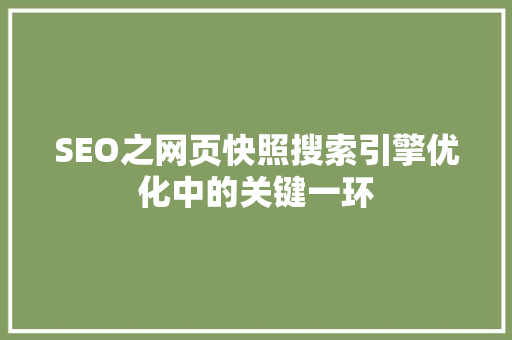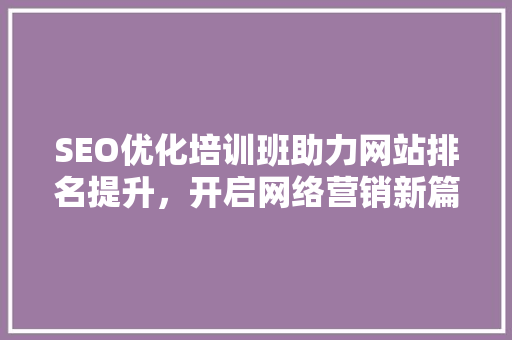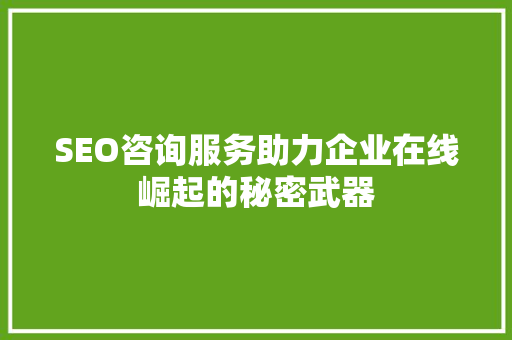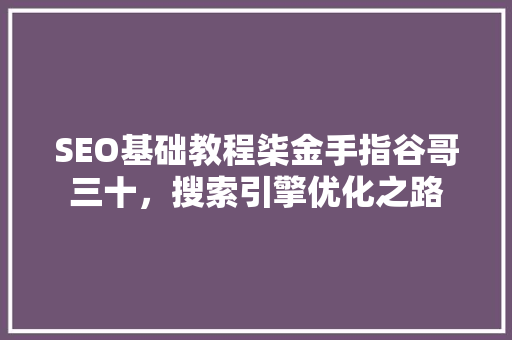Introduction
In the digital age, the significance of online content cannot be overstated. With the vast amount of information available on the internet, it is essential for businesses, bloggers, and website owners to optimize their content for search engines. One of the most crucial aspects of search engine optimization (SEO) is keyword optimization. This article will explore the importance of keyword optimization in English content, its impact on search engine rankings, and how to effectively implement it.

The Role of Keywords in SEO
Keywords are the foundation of SEO. They are the words or phrases that potential readers use to search for content on search engines. By incorporating relevant keywords into your content, you increase the likelihood of your website appearing in search results. This, in turn, drives more traffic to your site, leading to higher engagement, conversions, and ultimately, business growth.
1. Improved Search Engine Rankings
One of the primary goals of SEO is to improve your website's search engine rankings. When search engines crawl your website, they analyze the content and determine its relevance to specific keywords. If your content is well-optimized with relevant keywords, it is more likely to rank higher in search results. This increased visibility can lead to a significant increase in organic traffic.
2. Enhanced User Experience
Keyword optimization not only benefits search engines but also improves the user experience. By focusing on the topics and questions your target audience is searching for, you provide them with valuable and relevant information. This helps build trust and establishes your website as an authority in your industry.
3. Increased Engagement and Conversions
Effective keyword optimization can lead to higher engagement and conversions. When your content aligns with the search queries of your target audience, they are more likely to find your website useful and stay longer. This increased engagement can ultimately lead to higher conversion rates, such as sales, newsletter signups, or contact form submissions.
How to Optimize Keywords in English Content
1. Identify Relevant Keywords
The first step in keyword optimization is to identify relevant keywords. Conduct thorough research to understand the terms and phrases your target audience uses when searching for content related to your niche. Use tools like Google Keyword Planner, SEMrush, or Ahrefs to find long-tail keywords with high search volume and low competition.
2. Use Keywords Strategically
Once you have identified relevant keywords, it is essential to use them strategically throughout your content. Follow these guidelines:
a. Include primary keywords in the title, headings, and first paragraph of your content.
b. Use secondary keywords in subheadings, bullet points, and throughout the body of the article.
c. Avoid keyword stuffing, as it can negatively impact your search engine rankings.
3. Optimize for User Intent
Understanding the intent behind a search query is crucial for effective keyword optimization. Users may search for information, products, or services. Tailor your content to match their intent, providing them with the information they need.
4. Monitor and Adapt
Keyword optimization is an ongoing process. Regularly monitor the performance of your keywords using tools like Google Analytics and Google Search Console. Adapt your strategy based on the data you collect, ensuring that your content remains relevant and competitive.
Conclusion
Keyword optimization is a vital component of SEO, especially in English content. By strategically incorporating relevant keywords, you can improve search engine rankings, enhance user experience, and increase engagement and conversions. Remember to conduct thorough keyword research, use keywords effectively, optimize for user intent, and monitor your progress to ensure long-term success.







